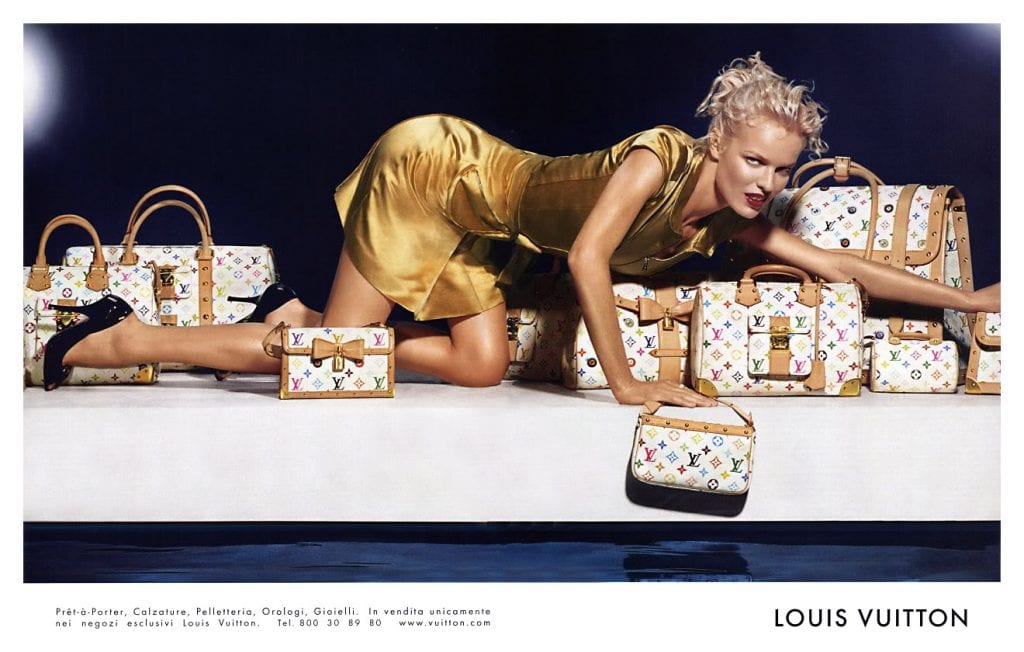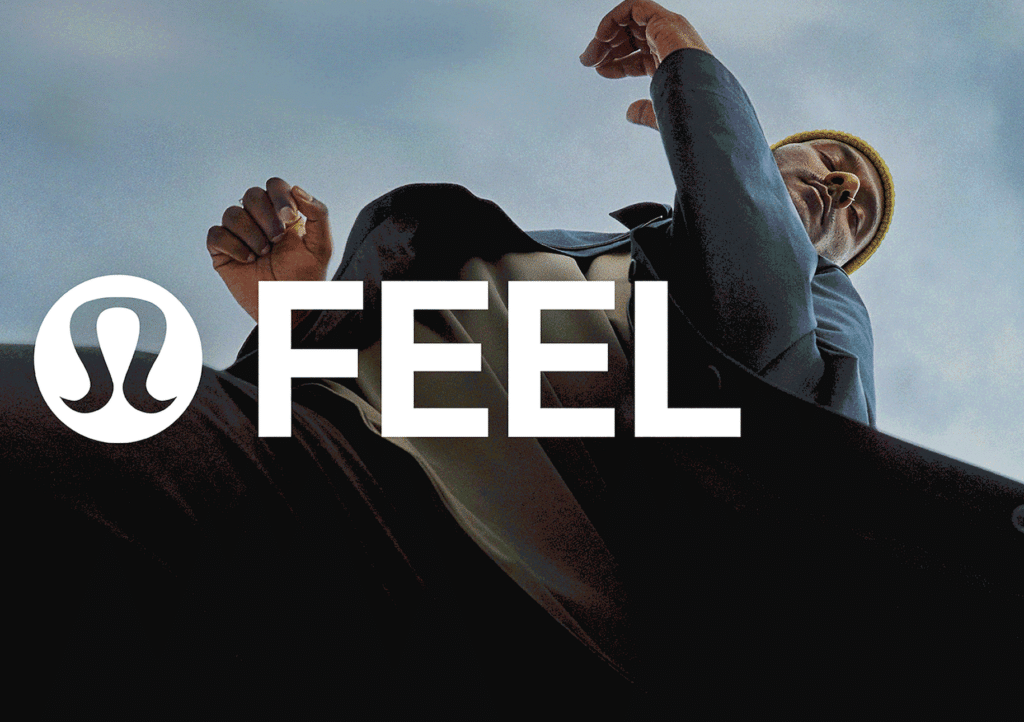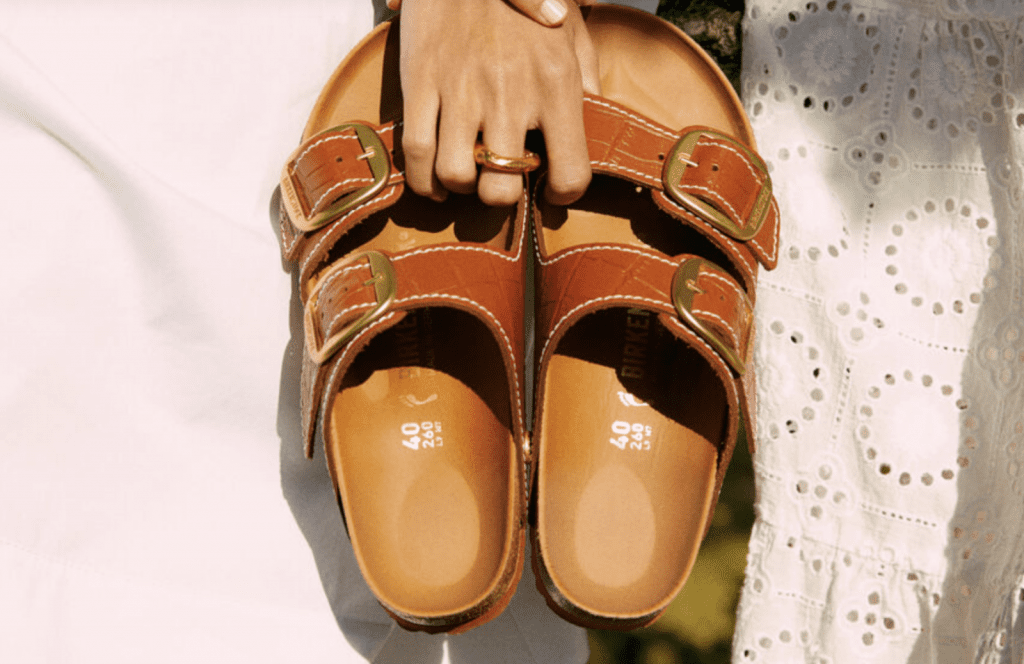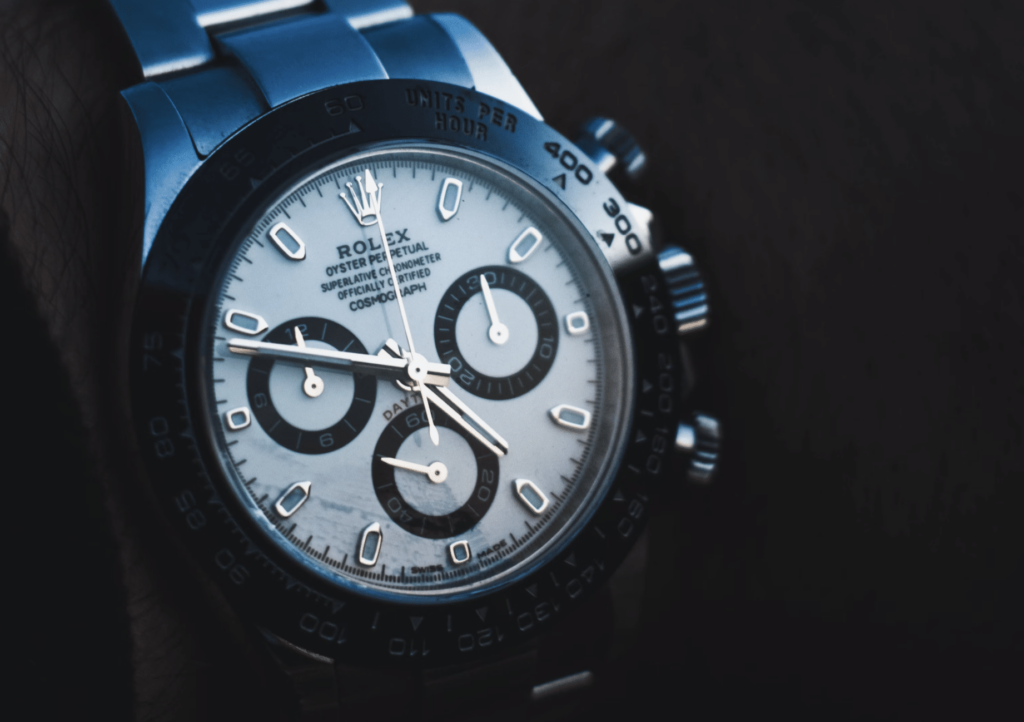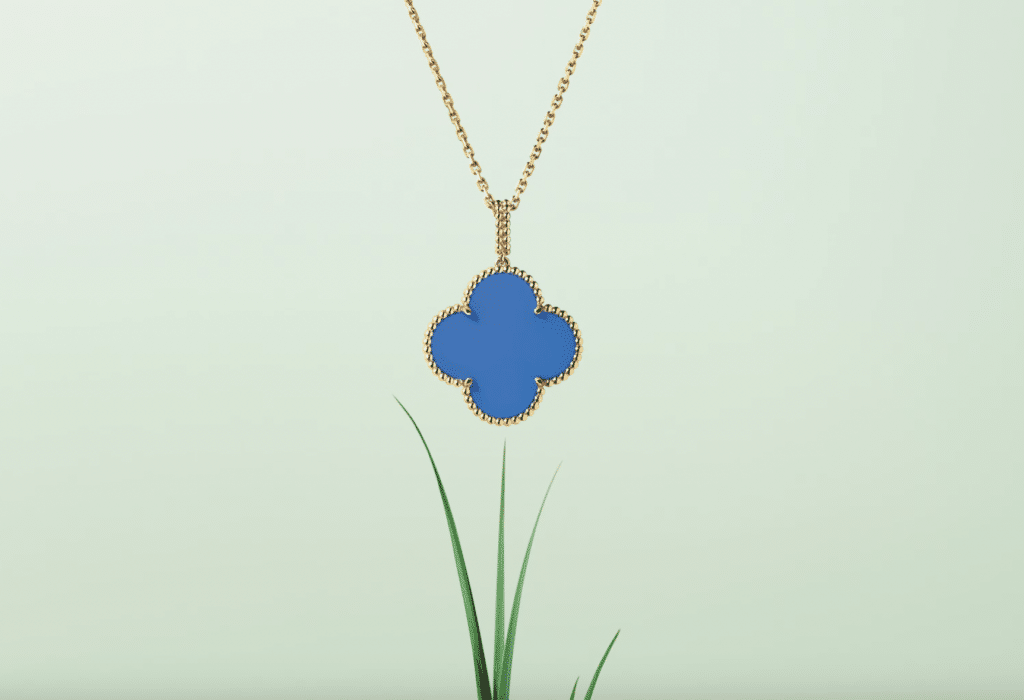There is nothing to see here, folks, Louis Vuitton essentially asserts in its response to Pooey Puitton and Bratz toy-maker MGA Entertainment’s recently-amended lawsuit. After filing suit against Louis Vuitton late last year in a California federal court, the Isaac Larian-founded MGA filed an amended complaint early this month, seeking to bolster its initial argument that it is in need of court intervention in connection with an “actual, present, and justiciable controversy” at play between itself and Louis Vuitton over with its hot-selling Pooey Puitton toy.
In its amended complaint, Southern California-based MGA alleged that because Louis Vuitton filed a trademark-centric lawsuit against it in France over the popular Pooey Puitton product, the luxury brand would also likely file suit against it in the U.S. With such litigation allegedly looming, MGA asked a California federal court to preemptively declare that its similarly-named toy – which bears graphics that closely resemble Louis Vuitton’s trademark and copyright-protected Toile monogram print – is not infringing or diluting Louis Vuitton’s domestic trademark rights or its copyrights.
Louis Vuitton is now calling foul. Specifically, counsel for Louis Vuitton claims in a recently-filed motion to dismiss that MGA “seeks to manufacture an actual controversy between [itself] and Louis Vuitton in the U.S., where there is none.”
In particular, LV asserts that “MGA makes a few vague allegations about potential local impacts of the French proceedings, which have nothing to do with subject matter jurisdiction here, [and] references a handful of alleged past [legal] actions of Louis Vuitton regarding other, unrelated companies and products” in an attempt to create the basis for a case in the U.S.
“Rather than looking at past behavior concerning other unrelated companies and products” – such as the the My Other Bag and Haute Diggity Dog cases, and separate instances involving artist Nadia Plesner and the University of Pennsylvania law school – “to determine whether there is an actual controversy here,” Louis Vuitton’s counsel asserts in the filing, “the Court need look only to the fact, as MGA impliedly concedes, that Louis Vuitton has not sued MGA based on its trademark rights in the U.S.”
More than that, the luxury brand claims that “MGA does not allege that Louis Vuitton is seeking to enforce its U.S. marks in the French proceedings,” nor does it “allege that Louis Vuitton has ever communicated with MGA about the U.S. marks, claimed infringement or dilution of the U.S. marks, threatened or filed litigation asserting the U.S. marks.”
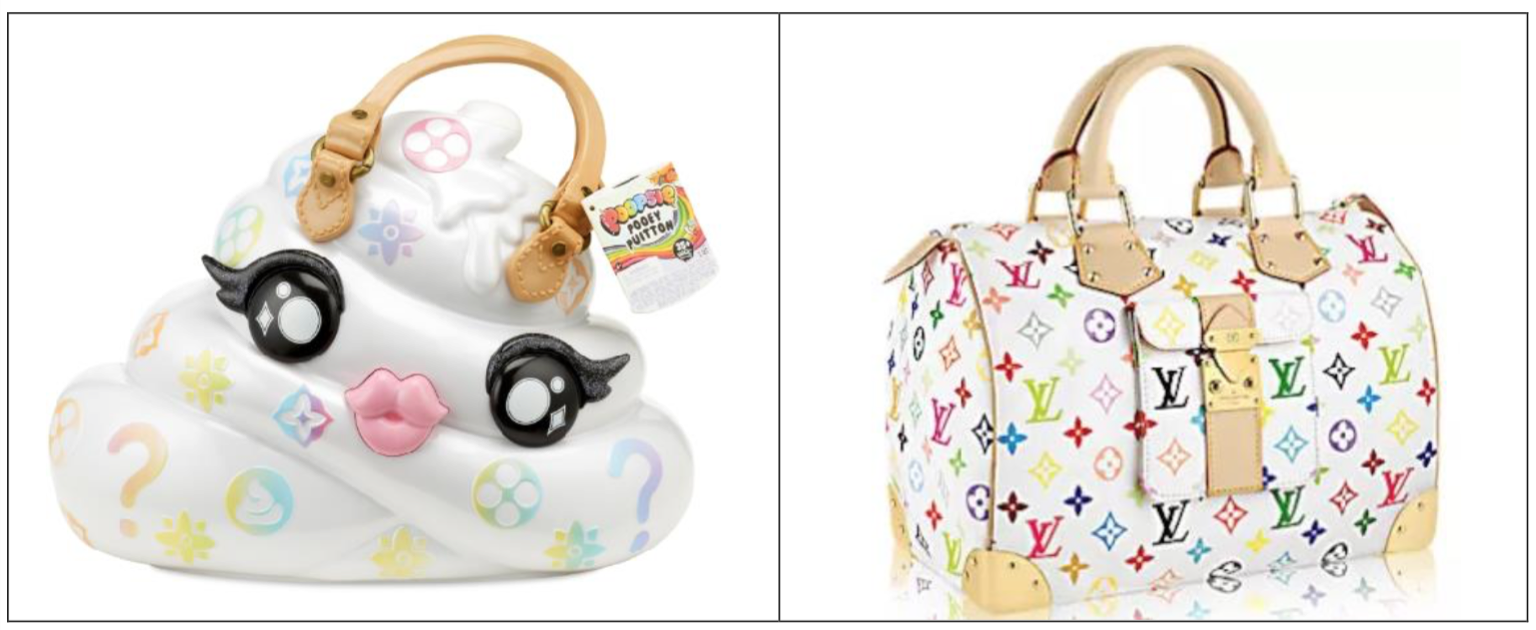
Having not filed suit against MGA in the U.S., or even threatened the company with a stateside lawsuit, Louis Vuitton claims that MGA cannot point to a single “concrete action” that Vuitton’s counsel has taken “related to the Pooey product and the Pooey name in the U.S. and Louis Vuitton’s U.S. marks.”
In lieu of direct threats of legal action from Louis Vuitton in the U.S., Louis Vuitton’s counsel asserts that MGA simply does not have a case. They point to various caselaw in the U.S. in which “courts throughout the U.S,” including the Southern District of New York and Central District of California, have “held that claims pending elsewhere [in connection with] foreign intellectual property rights do not support the finding of an actual controversy between the same parties related to U.S. intellectual property rights.”
“Other courts,” such as the District of Connection in Simoniz USA, Inc. v. Dollar Shave Club, “have similarly declined to hear declaratory judgment actions premised on foreign disputes,” counsel for the fashion brand states.
Still yet, Louis Vuitton’s counsel also points out that simply because Louis Vuitton is well-known for taking legal action over unauthorized uses of its marks, that does not necessarily give rise to an actual case or controversy. Citing additional case law, Vuitton claims that “general contentions that [a] defendant [is] ‘litigious’ [does] not support finding actual case or controversy.”
With all of this in mind, Louis Vuitton argues that the claims that MGA makes in furtherance of its declaratory judgment action are “factually baseless,” and that MGA “alleges no facts to support [the] conclusion” that Louis Vuitton has indicated that it intends to initiate any kind of action in the U.S.
As such, Louis Vuitton has asked the court to decline MGA’s request for an advisory opinion, and to shut down MGA’s attempt to garner a “broad order, divorced from any specific trademark or other intellectual property, that its product constitutes fair use and parody and that it may continue to market and distribute its product.”
*The case is MGA Entertainment Inc. v. Louis Vuitton Malletier, S.A., 2:18-cv-10758 (E.D.Cal.).




